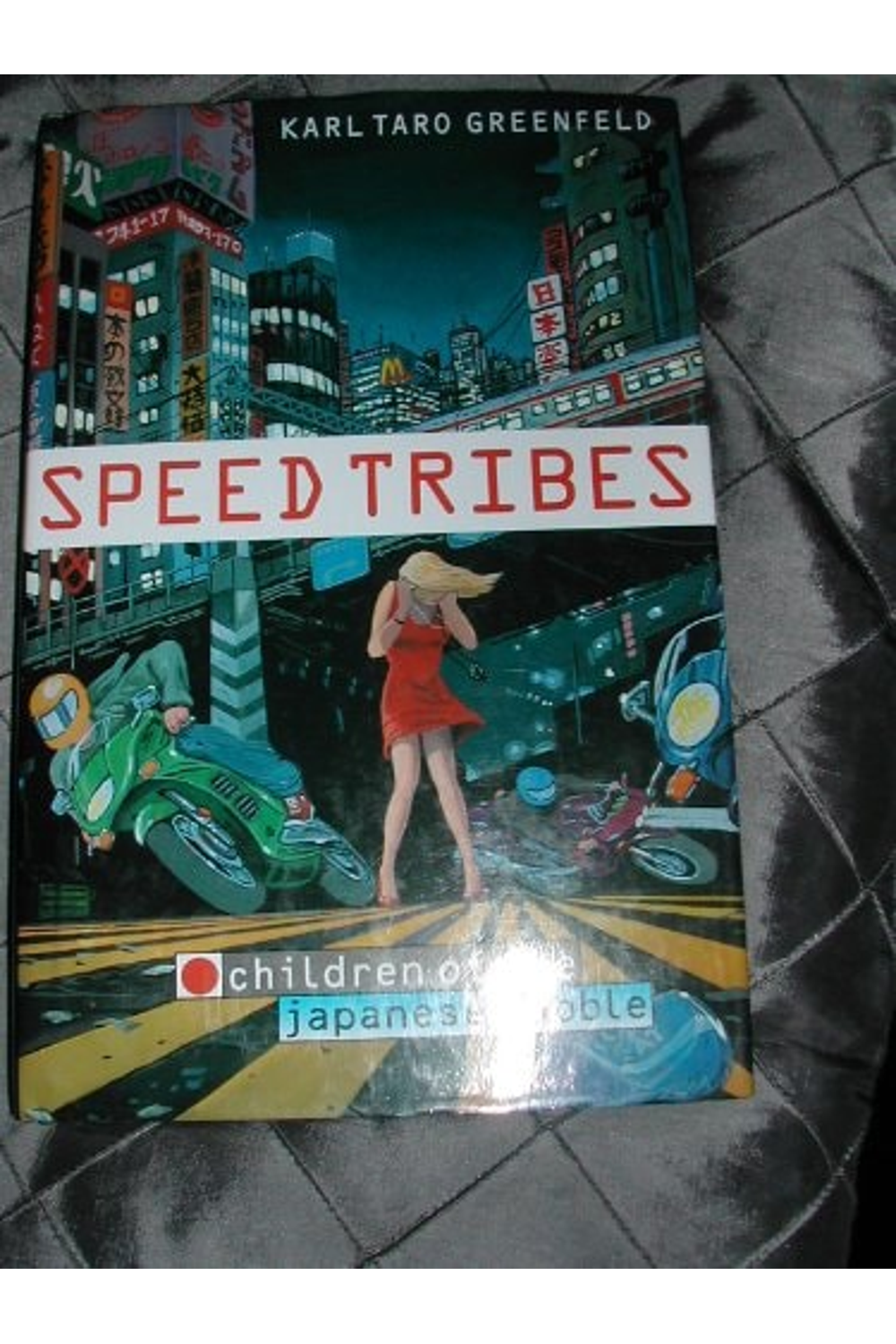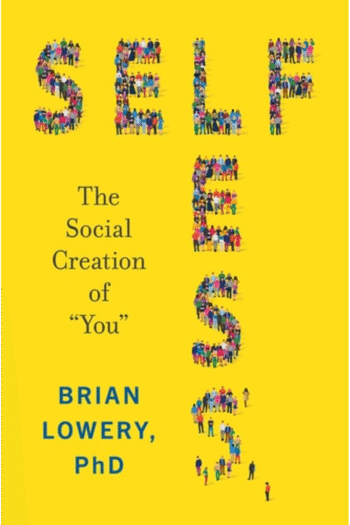“Speed Tribes: Children of the Japanese Bubble” by Karl Taro Greenfeld offers a raw and compelling look into the lives of young Japanese people during the economic boom and bust of the 1990s. More than just a sociological study, this book delves into the personal stories of individuals navigating a rapidly changing society. Greenfeld’s immersive journalism unveils the lives of drug dealers, hostesses, rebellious students, and biker gangs, all seeking identity and meaning amidst societal pressures and the allure of underground culture. Explore the stark contrasts between tradition and modernity as Greenfeld illuminates the counter-cultural movements that defined a generation grappling with economic uncertainty and the search for belonging in the electrifying metropolis of Tokyo. A vital read for those interested in Japanese society, youth culture, and the lasting impact of economic upheaval. This edition comes in hardcover and was released in 1994, showcasing Greenfeld’s earlier work. It’s a powerful and insightful exploration of a generation on the edge.
Speed Tribes: Children of the Japanese Bubble
19,12 $
In stock
Description
A leading Japanese journalist gives an analysis and descriptive account of Tokyo’s current youth culture and modern Japanese society. He examines why 40 million young people between the ages of 15 and 30 are breaking away from traditional society to seek quick money and new ways of life – technology, drugs, free sex, punk rock. Many school drop-outs join the “tribes” of lawless bikers hoping to be accepted into the immensely wealthy underworld gangs of the Yazuka. Each chapter of the book tells the story of a single character, and the range is broad – from drug dealers, office girls and hostesses, to students at Tokyo’s most prestigious university.
Dive into the electrifying and often unsettling heart of Tokyo's youth subcultures with Karl Taro Greenfeld's "Speed Tribes: Children of the Japanese Bubble." Published in 1994, this gripping exploration offers a rare and intimate glimpse into the lives of young Japanese individuals forging their own paths amidst the economic boom and subsequent burst of the "bubble economy." Greenfeld, through his incisive journalism and immersive storytelling, paints a vivid portrait of a generation caught between tradition and modernity, seeking identity and belonging in a rapidly changing society. "Speed Tribes" isn't just an academic study; it's a collection of raw, personal narratives that expose the underbelly of a nation grappling with unprecedented social and economic shifts. Greenfeld doesn't shy away from the darker aspects, delving into the worlds of drug use, free sex, and the allure of the Yakuza. He introduces us to school dropouts who find refuge in biker gangs, dreaming of acceptance and wealth within the criminal underworld. These aren't just statistics; they are individuals with stories, motivations, and a yearning for connection. The book goes beyond the sensational, offering insightful commentary on the cultural forces at play. Greenfeld examines the pressures faced by young Japanese, the rigid expectations of their elders, and the seductive pull of Western influences. He explores the role of technology, music (punk rock features prominently), and consumerism in shaping their identities. By juxtaposing these counter-cultural movements with the traditional values of Japanese society, he highlights the deep fissures and contradictions that defined the era. Imagine yourself walking the neon-lit streets of Tokyo, encountering a cast of characters as diverse as they are compelling: the drug dealer hustling to survive, the office lady navigating the complexities of corporate life and personal desires, the hostess using her charm to make a living, and the ambitious student at Tokyo University, caught between academic pursuits and the allure of the counterculture. Each chapter is a window into a different facet of Japanese youth culture, offering a nuanced and multifaceted understanding of their experiences. "Speed Tribes" is more than just a snapshot of a specific moment in time; it's a timeless exploration of youth rebellion, the search for meaning, and the universal struggle to define oneself in a world of conflicting values. It's a must-read for anyone interested in Japanese culture, sociology, or the dynamics of social change. While the book was written in the mid-90s, its themes of economic uncertainty, generational divides, and the search for identity remain relevant in today's globalized world. Prepare to be captivated, challenged, and ultimately enlightened by this groundbreaking work of investigative journalism. It offers a perspective rarely seen, a view of a generation on the edge, struggling to find its place in a society on the brink.
Additional information
| Authors | |
|---|---|
| Binding | |
| Condition | |
| ISBN-10 | 1852835141 |
| ISBN-13 | 9781852835149 |
| Language | |
| Pages | 224 |
| Publisher | |
| Year published | |
| Weight | 4000 |
| Dewey decimal | 306.0952 |
SKU: G-9781852835149-3
Categories: Anthropology, Cultural Studies, Japan, Social Studies, Sociology
Related products
-
DAMAGED THE HEARTBREAK TRUE PB
13,16 $
- Additional information
- Currencies
- USD – United States dollar
- EUR – Euro
- GBP – Pound sterling
- CNY – Chinese yuan
- BRL – Brazilian real
- MXN – Mexican peso
- JPY – Japanese yen
- PHP – Philippine peso
- THB – Thai baht
- PLN – Polish złoty
- CAD – Canadian dollar
- MYR – Malaysian ringgit
- AUD – Australian dollar
- TWD – New Taiwan dollar
- CZK – Czech koruna
- SEK – Swedish krona
- HUF – Hungarian forint
- ILS – Israeli new shekel
- CHF – Swiss franc
- HKD – Hong Kong dollar
- DKK – Danish krone
- SGD – Singapore dollar
- NOK – Norwegian krone
- NZD – New Zealand dollar





